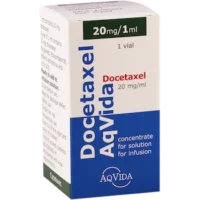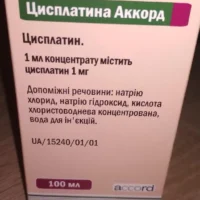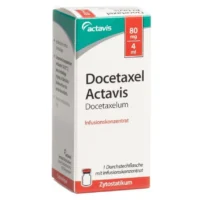Description
Redditux (rituximab) Concentrate for Infusions 10 mg/ml. 10 ml/100 mg. Vial №1
Ingredients:
- Active ingredient: Rituximab
- Inactive ingredients: Polysorbate 80, sodium chloride, water for injection
Dosage:
Recommended dosage: The dosage of Redditux (rituximab) concentrate for infusions is determined by the prescribing healthcare provider based on individual patient factors.
Indications:
Indicated for: Redditux is used to treat certain types of non-Hodgkin’s lymphoma, chronic lymphocytic leukemia, rheumatoid arthritis, and granulomatosis with polyangiitis.
Contraindications:
Do not use Redditux if: You have a history of severe allergic reactions to rituximab or any of the inactive ingredients in the product.
Directions:
Administration: Redditux is administered intravenously by a healthcare professional in a clinical setting.
Scientific Evidence:
Rituximab, the active ingredient in Redditux, works by targeting specific proteins on the surface of immune cells, leading to cell death. This mechanism of action has been shown to be effective in treating various autoimmune diseases and certain types of cancer.
Clinical trials have demonstrated the efficacy of rituximab in improving outcomes for patients with non-Hodgkin’s lymphoma and rheumatoid arthritis. Research published in the Journal of Clinical Oncology showed that rituximab, when combined with chemotherapy, significantly improved progression-free survival in patients with follicular lymphoma.
Additional Information:
It is important to monitor patients receiving Redditux for signs of infusion reactions, infections, and other potential side effects. Close medical supervision is necessary during treatment with this medication.
Before starting Redditux therapy, patients should discuss their medical history and any current medications with their healthcare provider to ensure the safe and effective use of this product.





